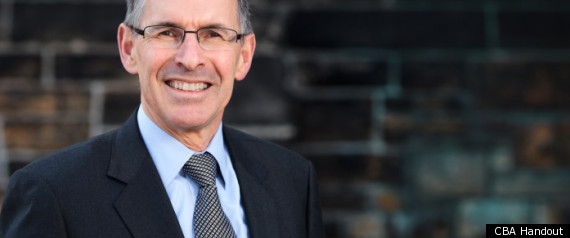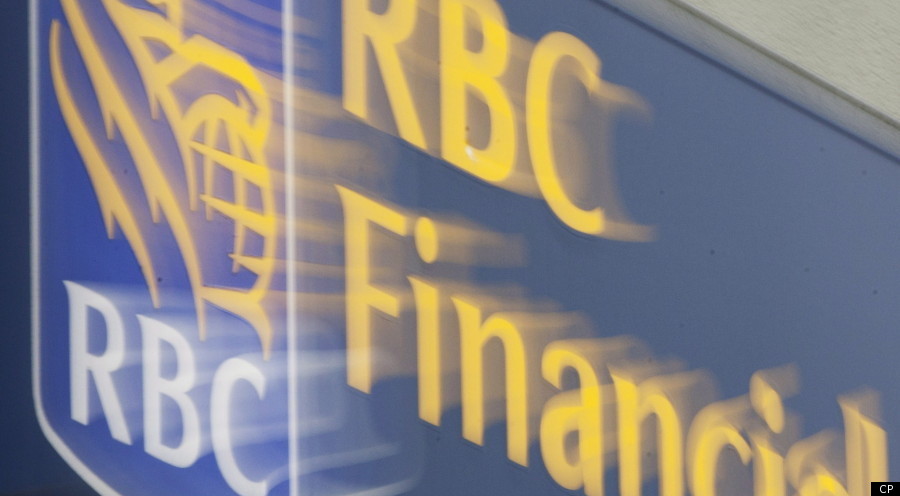The Quebec government is seeking an injunction to prevent Ottawa from destroying data it has collected over the years from the federal long-gun registry when legislation abolishing the controversial agency receives royal assent later this week.
Justice Minister Jean-Marc Fournier said Tuesday that Quebec will challenge the federal government’s jurisdiction over the gun-registry data, arguing that the provinces helped set it up and should be given the right to use its information as they see fit.
“It is a common registry,” Mr. Fournier said. “The abolition of the gun registry illustrates once again the lack of co-operation (from Ottawa). This is quite stunning since the registry was the result of co-operation . . . It is one thing to abolish the registry but it is another to destroy the data. They have chosen to do so in a law immediately after it is adopted. That leaves us no choice but to go before the courts and have our fundamental rights respected.”
The Senate is expected to adopt Bill C-19 calling for the immediate dismantling of the long-gun registry either Wednesday or Thursday. Mr. Fournier argued Tuesday that time is of the essence. As soon as the bill is adopted, a Quebec Superior Court judge will be asked to stop the federal government from destroying the data so that the province can pursue its legal action.
Justice Minister Jean-Marc Fournier said Tuesday that Quebec will challenge the federal government’s jurisdiction over the gun-registry data, arguing that the provinces helped set it up and should be given the right to use its information as they see fit.
“It is a common registry,” Mr. Fournier said. “The abolition of the gun registry illustrates once again the lack of co-operation (from Ottawa). This is quite stunning since the registry was the result of co-operation . . . It is one thing to abolish the registry but it is another to destroy the data. They have chosen to do so in a law immediately after it is adopted. That leaves us no choice but to go before the courts and have our fundamental rights respected.”
The Senate is expected to adopt Bill C-19 calling for the immediate dismantling of the long-gun registry either Wednesday or Thursday. Mr. Fournier argued Tuesday that time is of the essence. As soon as the bill is adopted, a Quebec Superior Court judge will be asked to stop the federal government from destroying the data so that the province can pursue its legal action.
































